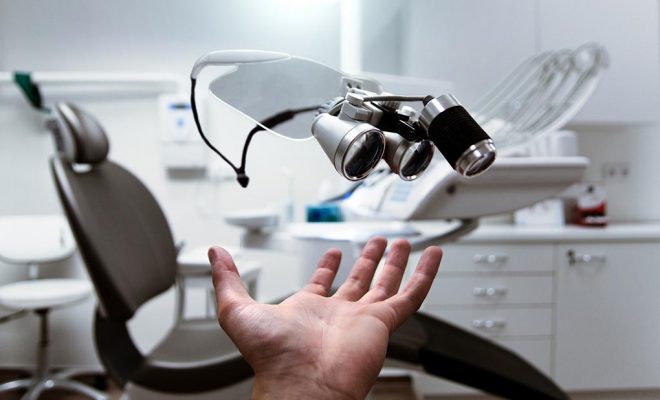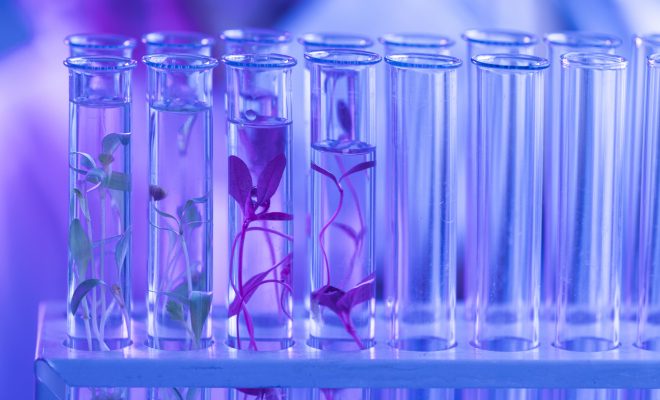3 Reasons to Choose a Career in Science

In today’s smart-phone, internet-savvy IT generation, it is common to “google” every question and assume that the answers generated by the simple tap-tapping of our fingers are fixed knowledge–that nothing more is to be discovered. This is simply not true. In fact, Science has continually played an important role in society through the years.
Here are three reasons why choosing a career in Science will steer you towards a life-long path of excitement, exploration, innovation and creativity.
1. Science is always evolving
Science is anything but a stagnant entity.It evolves over time. Longstanding dogmas and seemingly fixed concepts can be, and have been changed over the years.
Early 19th century scientists once believed that cholera was caused by miasma otherwise known as “bad air” or “pollution” emanating from rotting organic matter. Some scientists even believed that miasma could account for excessive weight gain.Much to our relief, this is not the case!
Key works conducted by the founding fathers of microbiology, Louis Pasteur and Robert Hooke, have helped change and shape our understanding of the relationship between diseases and microorganisms. Many of us are familiar with the germ theory of disease– that many diseases are caused by microorganisms.
In more recent times, the promise of gene editing technologies has led us into a new era of precision genetics, potentially revolutionising how we approach genetically inherited diseases such as cystic fibrosis and Huntington’s disease. Continued advances in this field will undoubtedly propel us forward into more exciting times of discovery and progress, often sparking a cascade of new innovative ideas and findings along the way.With such valuable and advanced technologies awaiting us in the near future, one thing is for sure, Science is certainly never boring.
2. Science is essential for our health and future
Science is everywhere in our world. It is irrevocably linked to our daily lives. Once deemed incurable, diseases such as the bubonic plague, chicken pox and measles have now become a thing of the past with the advent of vaccines and the implementation of health regulations.
Leaps in technological advancements have improved the quality of life of the average person. The ability to monitor blood pressure or measure glucose levels with the simple aid of a portable device has now become all too familiar. As society becomes increasingly dependent on technology, it is inevitable that our approach towards the treatment and management of diseases is likewise impacted. The concept of patient-directed, self-monitoring healthcare relies on the regular use of easily accessible streamlined devices. In this century, being scientifically literate is therefore not only advantageous but necessary. Choosing a career path in Science will place you at the forefront of change and progress in the healthcare industry.
3. Science is global
“Climate change” and “global warming” have become conventional terms used at the dinner table.The challenge of climate change has sparked collaborations spanning the globe. Many developing countries have banded together in an effort to save our world and conserve its resources. Actions to reduce our carbon footprint and usage of fossil fuels, to find alternative energy resources, and, pursue “clean energy” have been undertaken. Such integrative efforts highlight the universality of Science.
The global and integrative nature of Science also means that travel comes hand in hand. During your career as a scientist, the opportunity to attend conferences where like-minded scientists gather and converse will arise. It will also enable you to seek the expertise of other fields such as biotechnology and bioengineering, allowing for collaborations to be made across a myriad of industries.
The career path of a scientist is therefore no one-way street or no-through road. It is an ever-expanding field with a network of possibilities for future growth and development.Engage in a Bachelor of Science degree and you will align yourself with a career filled with opportunity and discovery. Scientific learning will enable you to think critically, analyse and assess a problem or situation. These skills are not only essential in the scientific community, but also in everyday life.
Simply put, Science matters
At the Management Development Institute of Singapore, School of Health and Life Sciences, our Bachelor of Science (Honours) degrees in Biomedical Science, Biotechnology and Safety, Health and Environmental Management awarded by the University of Northumbria (United Kingdom), will offer you the foundation you need to establish a career in the scientific world.
References
Karamanou, M., Panayiotakopoulos, G., Tsoucalas, G., Kousoulis, A. A., & Androutsos, G. (2012). From miasmas to germs: a historical approach to theories of infectious disease transmission. Infez Med, 20(1), 58-62.
Deddens, K. (21stMay 2015)Five Great Reasons for Studying Science through Researching the Lives of Great Scientists: Spotlight on the Challenge B Research Strand [Online] https://www.classicalconversations.com/article/five-great-reasons-studying-science-through-researching-lives-great-scientists-spotlight
Gasiorowski-Denis, E. (9th December 2015)ISO is collaborating globally to update and extend its climate change standards and help the world minimize and adapt to the effects of climate change [Online] https://www.iso.org/news/2015/12/Ref2031.html










